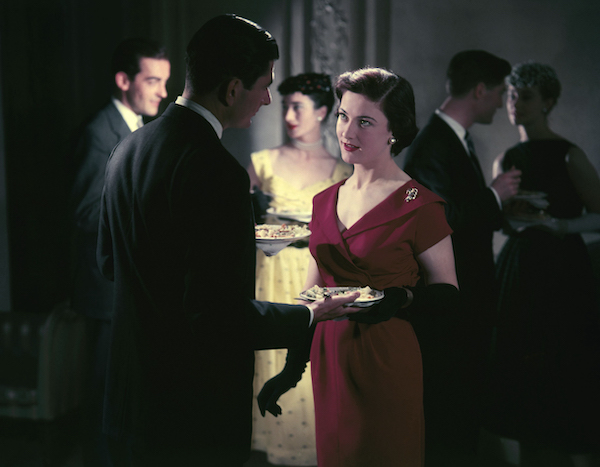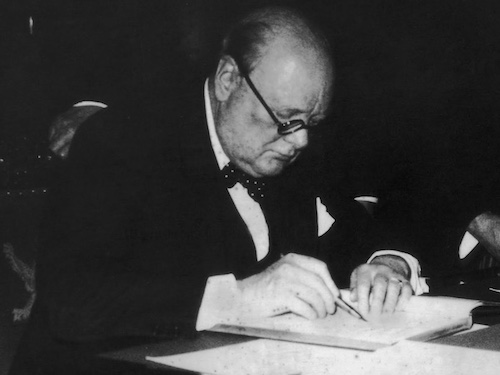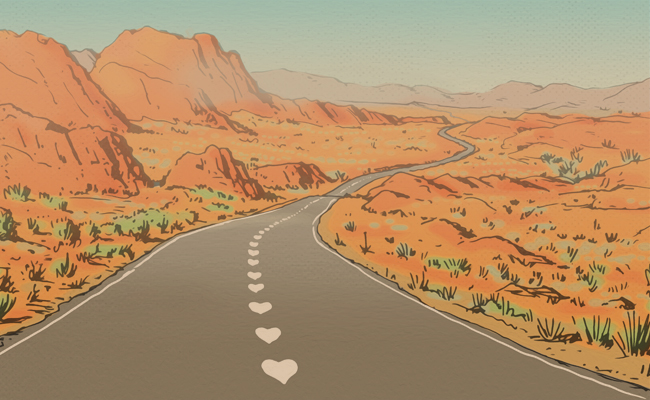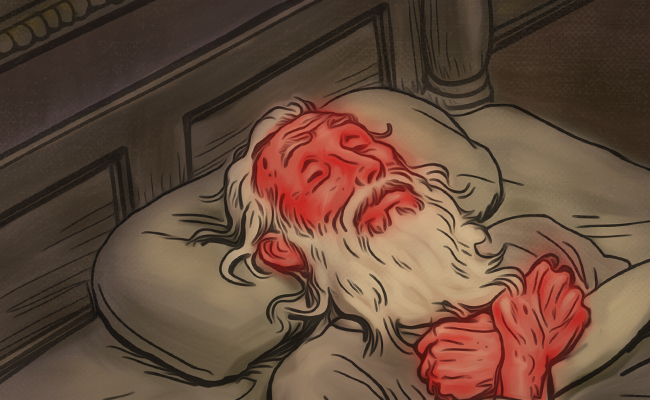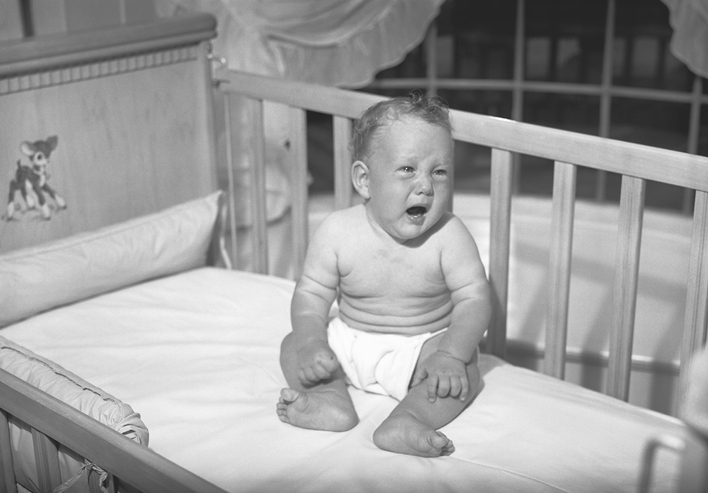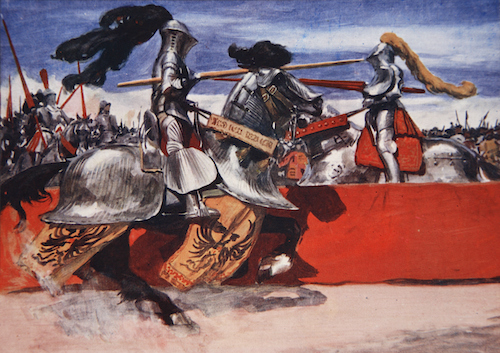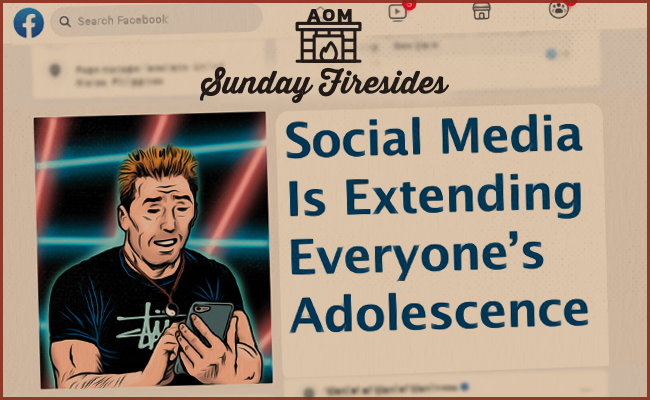
People almost universally recall their adolescence, at least the part encapsulated by the middle school years, as their least favorite phase of life.
It’s a time in which you keenly feel the eyes of your peers upon you. You wonder whether you’re cool. And you desperately, desperately want to be cool. You want to be popular. You want to be liked. All your choices are measured by how they will be perceived by others and accomplish these goals.
To get attention, you use crude humor. To get approbation, you engage in outrageous antics. To fit in, you dress like everyone else. Even at the time, you feel super awkward, and when you look back retrospectively, all you can do is cringe.
Thankfully, you eventually leave the vicissitudes of puberty behind. You find your footing. You become more secure in who you are, and your identity has less and less to do with your status amongst others. Your sense of self-consciousness plummets, while your sense of not giving a sh*t soars.
Or, at least, that used to be the common life trajectory. Before the dawn of social media.
On these platforms, being liked literally remains the coin of the realm. You still want your choices to meet with approval. You’re still tempted to engage in cringey behavior for attention. You still find yourself framing your identity for the consumption of peers.
One of the traditional advantages of getting older, is that the energy once fruitlessly lent to caring what people think, can be channeled into being productively generative.
What will happen, then, if twenty, thirty years out from eighth grade, people never make that shift?
What will be the cost, to the individual, and to society, if social media forever keeps people in the other-directed haze of adolescence, never to fully grow up?


